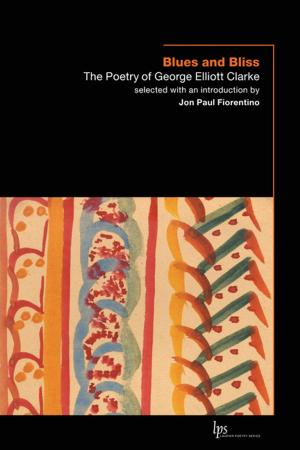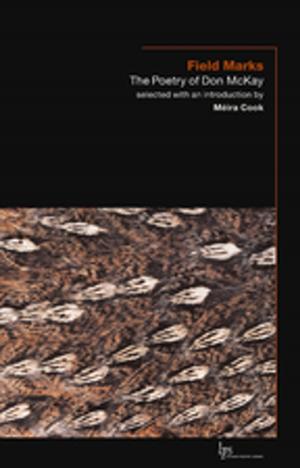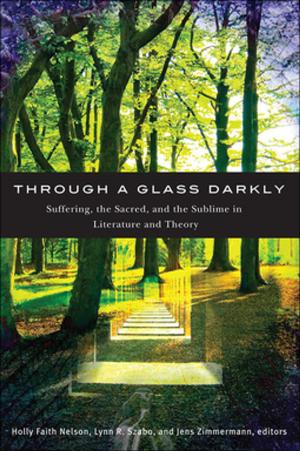Christ and Modernity
Christian Self-Understanding in a Technological Age
Nonfiction, Science & Nature, Technology, Social Aspects, Religion & Spirituality, Christianity, Christian Life| Author: | David J. Hawkin | ISBN: | 9781554586950 |
| Publisher: | Wilfrid Laurier University Press | Publication: | October 30, 2010 |
| Imprint: | Wilfrid Laurier University Press | Language: | English |
| Author: | David J. Hawkin |
| ISBN: | 9781554586950 |
| Publisher: | Wilfrid Laurier University Press |
| Publication: | October 30, 2010 |
| Imprint: | Wilfrid Laurier University Press |
| Language: | English |
In this re–examination of the roots of the relationship between religion and science, David Hawkin focuses on the concept of autonomy as he explores the question: Is there continuity and compatibility between the autonomy that underlies Christian faith and the role of individual freedom in the technological age?
What makes this work particularly valuable is Professor Hawkin’s review of the theological, philosophical, political, psychological, and sociological works that have formed our ideas of the nature of both Christianity and modernity — Reimarus, Strauss, Schweitzer, and Bultmann on the quest for the historical Jesus; Bauer and Turner on Christian faith and practice; Machiavelli, Nietzsche, Darwin, Freud, and Marx on our historicity; Gogarten, Cox, and Bonhoeffer who affirm our autonomy in the technological process; Ellul and George who deny it.
In this re–examination of the roots of the relationship between religion and science, David Hawkin focuses on the concept of autonomy as he explores the question: Is there continuity and compatibility between the autonomy that underlies Christian faith and the role of individual freedom in the technological age?
What makes this work particularly valuable is Professor Hawkin’s review of the theological, philosophical, political, psychological, and sociological works that have formed our ideas of the nature of both Christianity and modernity — Reimarus, Strauss, Schweitzer, and Bultmann on the quest for the historical Jesus; Bauer and Turner on Christian faith and practice; Machiavelli, Nietzsche, Darwin, Freud, and Marx on our historicity; Gogarten, Cox, and Bonhoeffer who affirm our autonomy in the technological process; Ellul and George who deny it.















